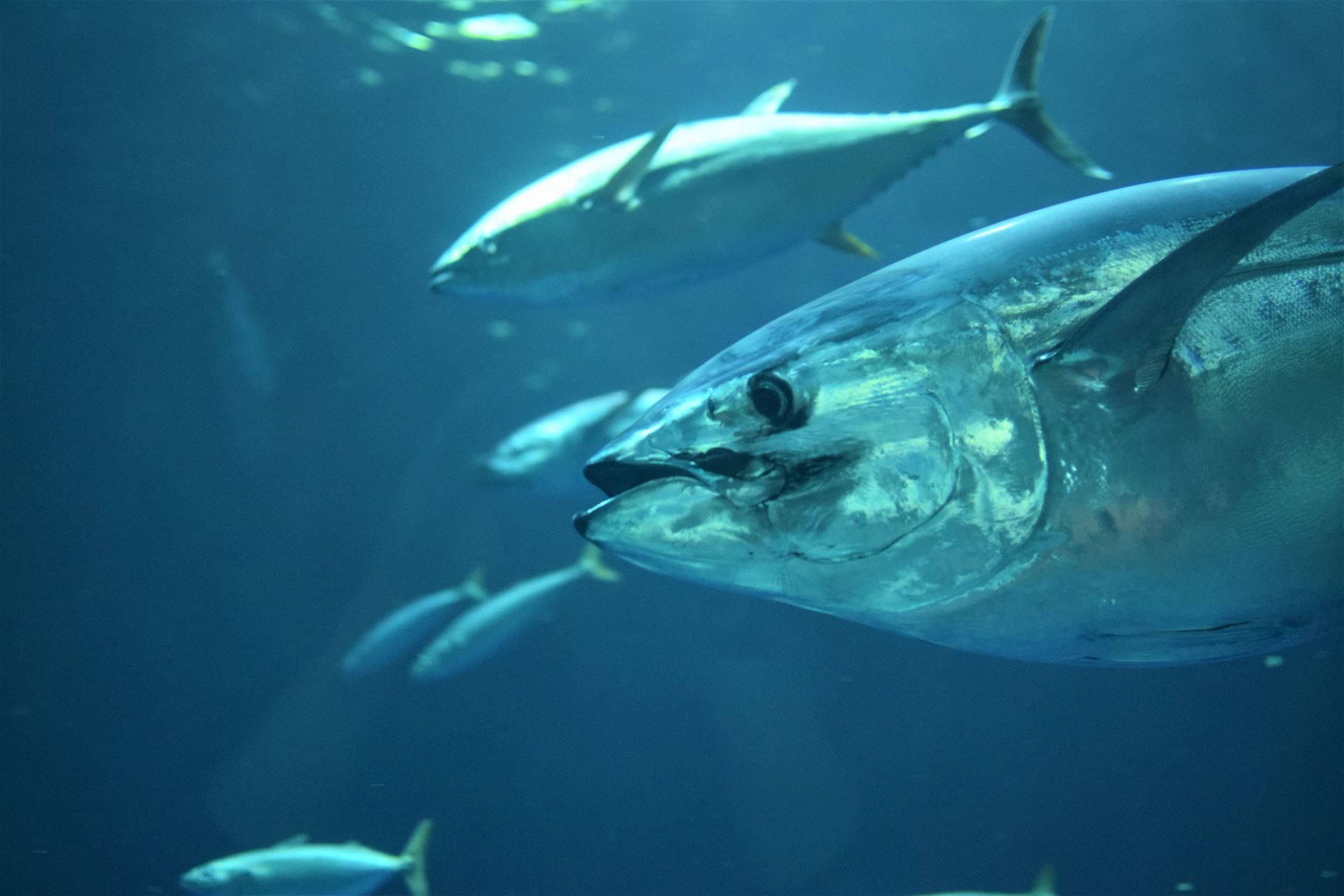
Photo by Caroline Attwood on Unsplash
As global temperatures rise, we are experiencing increased risks of disease, extreme weather events, and growing uncertainty about the future of our planet. Climate change affects everything from the air we breathe to the water we drink. A warming planet may also mean a change in our diets, according to a new study conducted at the University of Toronto, which found that warmer waters may reduce the quantity of Omega-3s available worldwide.
Omega-3s are fatty acids that play an essential role in our bodies and provide us with numerous health benefits. There are three types of Omega-3s, including ALA, EPA, and DHA. The body uses ALA to create energy. EPA helps reduce inflammation, and DHA is an essential component in our eyes and brains.
Consuming adequate quantities of DHA improves eye health, reducing the chances of macular degeneration. It also decreases the likelihood of depression and plays an essential role in brain functioning and development, especially in unborn babies.

Photo by Kate on Unsplash
The majority of DHA in our diets comes from consuming fish. However, fish acquire DHA from eating algae. This is a problem because as global temperatures rise and the water warms up, algae will produce less DHA, according to a new study conducted at the University of Toronto.
Algae is very sensitive to changes in the water. When water temperatures rise, the cell membranes in algae become too fluid. Therefore, algae stop producing Omega- 3s in warmer water to maintain adequate membrane fluidity, according to the study.
Algae is low on the food chain, which means the less DHA produced by algae, the less DHA consumed by fish and in turn, people.

Photo by Sven Hornburg on Unsplash
The present study used computer modeling to estimate DHA levels in different climate change scenarios developed by the United Nations. Results showed if greenhouse gas emissions continue at current rates over the next 80 years, the amount of available DHA will decrease by 10 percent. This reduction in DHA means that around 96 percent of the population will not have enough Omega-3s in their diet.
Even if we slow the rate of greenhouse gas emissions, the study predicted that the amount of available Omega-3s will still drop significantly.
“Based on the current trajectory of the climate, even the most optimistic projections have us heading towards a pretty alarming loss in human potential,” Tim Rodgers, a co-author of the current study, said in an interview with the University of Toronto.
A lack of DHA is of particular concern for developing babies since this Omega-3 is crucial for brain development. Consuming enough Omega-3 during pregnancy is associated with higher intelligence and lower risk of behavioral and developmental problems in the child.
Evidently, climate change is having a significant impact on all aspects of life. This study highlights the importance of reducing greenhouse gas emissions, demonstrating the detrimental impact climate change may have on future generations.
By: Nicole Babb

Nicole Babb is an aspiring journalist from St. John’s, Newfoundland. She recently graduated from Carleton University with a combined honours degree in journalism and psychology. During her time at Carleton, Nicole wrote articles for the university’s student newspaper and completed a health reporting course which sparked her interest in science journalism and communication. She is passionate about writing and photography, and she also enjoys learning about new scientific research.
Growing up near the ocean, she has always been curious about marine life and she is especially interested in research and reporting concerning the ocean, climate change, and endangered species. In her spare time, Nicole enjoys reading, canoeing, playing basketball and hiking. She also loves animals and spending time with her dog. Nicole is currently residing in Ottawa and she is looking forward to working as a volunteer for Science Writers and Communicators of Canada.
